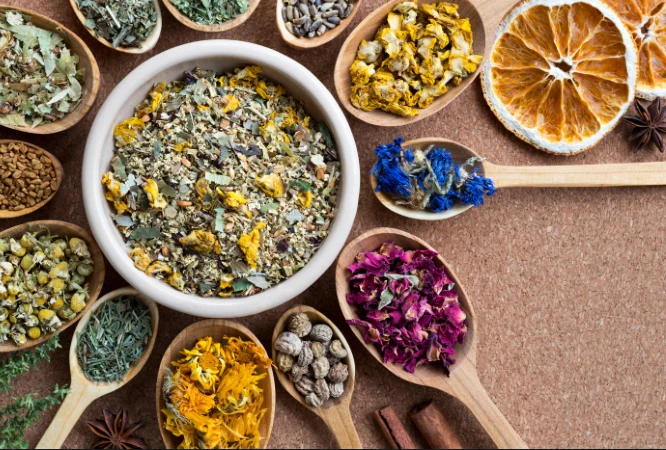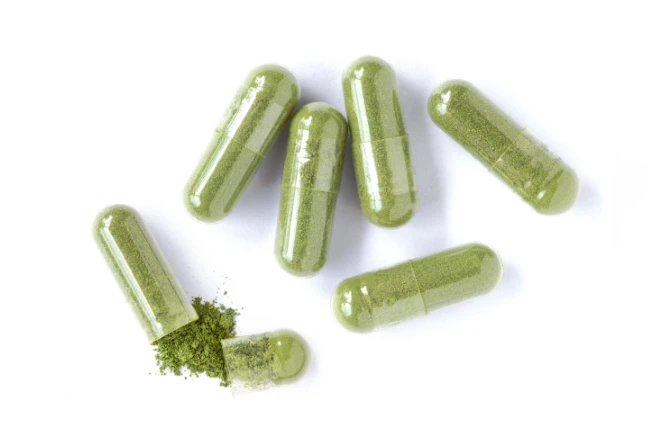Ayurvedic medicine
Understanding Ayurvedic Medicine Remedies: A Natural Path to Wellness
Introduction and Important Disclaimer
Ayurvedic medicine offers a time-tested approach to natural healing that has supported human wellness for thousands of years. However, it's crucial to understand that the information provided here is for educational purposes only and should not replace professional medical advice. Always consult with qualified healthcare providers before starting any new treatment regimen, especially if you have existing health conditions or take medications.
What Is Ayurvedic Medicine?
Ayurvedic medicine, often called the "science of life," originated in India over 5,000 years ago. This holistic healing system focuses on balancing the mind, body, and spirit to promote optimal health. Unlike conventional medicine that targets specific symptoms, Ayurveda addresses the root causes of health imbalances through personalized treatments.
The foundation of Ayurvedic practice rests on three fundamental life energies called doshas: Vata (air and space), Pitta (fire and water), and Kapha (earth and water). Practitioners believe that maintaining balance among these doshas is essential for good health. When seeking herbal Ayurvedic remedies online, understanding your unique constitution helps guide appropriate treatment choices.
How Ayurvedic Medicine May Improve Health
The benefits of Ayurvedic remedies extend across multiple aspects of wellness. This ancient system emphasizes prevention through lifestyle modifications, dietary changes, and natural therapies. Key areas where Ayurvedic approaches may support health include:
Stress Management and Mental Clarity
Learning how to use Ayurvedic herbs for stress can provide natural alternatives to conventional stress management. Adaptogens like Ashwagandha and Brahmi have been traditionally used to support the nervous system and promote mental balance.
Immune System Support
Many people buy herbal Ayurvedic products for immunity to strengthen their natural defenses. Herbs such as Turmeric, Guduchi, and Amla contain compounds that may support immune function through their antioxidant and anti-inflammatory properties.
Digestive Health
Ayurveda places significant emphasis on digestive fire or "Agni." Proper digestion is considered fundamental to overall health, with many remedies focusing on enhancing digestive capacity and nutrient absorption.
Detoxification
Traditional Ayurvedic practices include gentle detoxification methods that support the body's natural elimination processes without harsh side effects.
What Research Says About Ayurvedic Medicine
Modern scientific research increasingly validates many traditional Ayurvedic practices. Clinical studies have demonstrated positive effects of various Ayurvedic herbs and formulations:
Studies on Ashwagandha show promising results for stress reduction and cortisol management. Research published in the Indian Journal of Psychological Medicine found significant stress reduction in participants taking Ashwagandha supplements compared to placebo groups.
Turmeric research has extensively documented its anti-inflammatory properties, with curcumin showing potential benefits for various inflammatory conditions. Multiple studies confirm its therapeutic potential for joint health and general inflammation management.
Clinical trials on Brahmi demonstrate cognitive enhancement effects, particularly in memory and attention. Research indicates this herb may support brain function and mental clarity.
However, it's important to note that while research is promising, more large-scale clinical trials are needed to fully establish the efficacy of many Ayurvedic remedies.
Who Might Consider Using Ayurvedic Medicine?
Ayurvedic approaches may benefit individuals seeking:
- Natural alternatives to complement conventional healthcare
- Preventive health strategies focused on lifestyle and wellness
- Holistic approaches that address mind-body connections
- Support for chronic conditions that haven't responded well to conventional treatments
- Enhanced overall vitality and balanced energy levels
People with autoimmune conditions, pregnancy, or those taking multiple medications should exercise particular caution and work closely with healthcare providers familiar with both conventional and Ayurvedic approaches.
Safe Usage and Dosage Considerations
Understanding dosage guidelines for Ayurvedic supplements is crucial for safe and effective use. Ayurvedic remedies are highly individualized, and proper dosing depends on factors including constitution, current health status, and specific conditions being addressed.
General safety principles include:
- Starting with lower doses and gradually increasing as tolerated
- Choosing products from reputable manufacturers with quality testing
- Monitoring for any adverse reactions
- Maintaining regular communication with healthcare providers
Conclusion
Ayurvedic medicine remedies offer a comprehensive approach to natural wellness rooted in ancient wisdom and increasingly supported by modern research. While these traditional practices show promise for supporting health and vitality, they work best as part of an integrated approach to wellness that includes proper medical care, healthy lifestyle choices, and informed decision-making.
Scientific References:
- Chandrasekhar, K., et al. (2012). A prospective, randomized double-blind, placebo-controlled study of safety and efficacy of a high-concentration full-spectrum extract of Ashwagandha root. Indian Journal of Psychological Medicine, 34(3), 255-262.
- Hewlings, S. J., & Kalman, D. S. (2017). Curcumin: A review of its effects on human health. Foods, 6(10), 92.
- Calabrese, C., et al. (2008). Effects of a standardized Bacopa monnieri extract on cognitive performance, anxiety, and depression. Alternative Therapies in Health and Medicine, 14(2), 90-96.
- Gogte, V. M. (2000). Ayurvedic pharmacology and therapeutic uses of medicinal plants. Bharatiya Vidya Bhavan.
- Patwardhan, B., et al. (2005). Ayurveda and traditional Chinese medicine: a comparative overview. Evidence-Based Complementary and Alternative Medicine, 2(4), 465-473.




